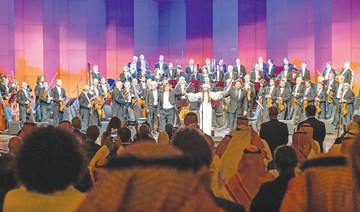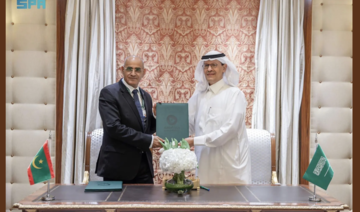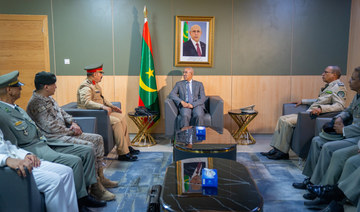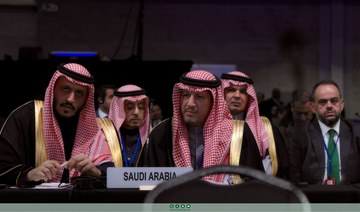MOSCOW: The growth of the cinema scene in Saudi Arabia reached unprecedented heights with the opening of Russian Film Week in Riyadh this week, a cultural bridge that has provided the Saudi audience with a broader look into the world of cinema.
“There are a lot of correlations between modern Russian film history and the same for your country,” said Paul Heth, chairman of KARO cinema, Russia’s leading cinema chain.
The Kingdom is ripe for cinema business investment and many cineplexes have spread across the country, enticing investors to provide the best experience for moviegoers. The ground is fertile for growth and with an increasingly technological world, the cinema experience has upped its game.
This week, the Saudi Ministry of Culture, in coordination with the Russian Direct Investment Fund and KARO, is bringing a taste of Russian cinema culture to Riyadh as part of the Russian Culture in Riyadh Festival. The event coincided with Russian President Vladimir Putin’s state visit.
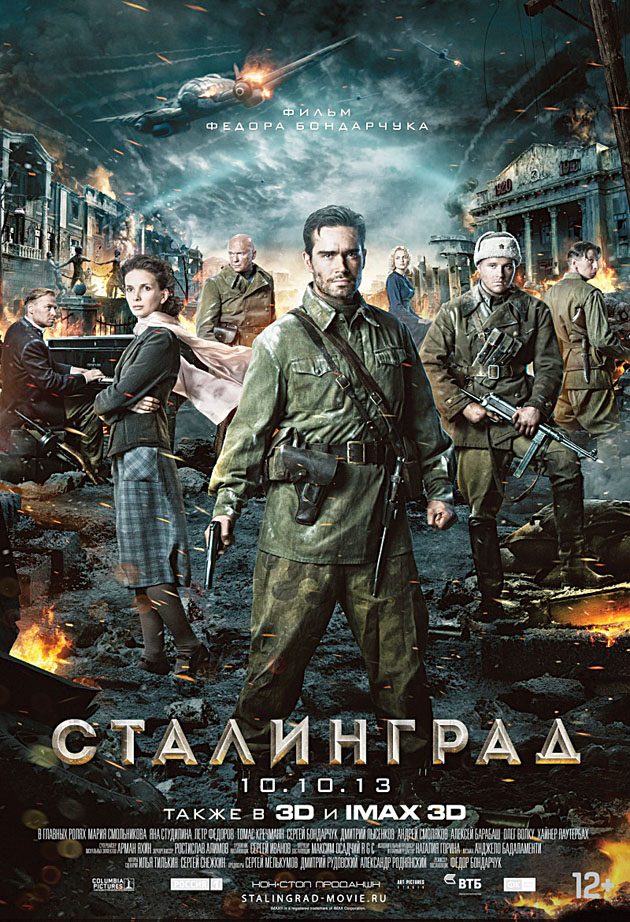
Stalingrad, 2013, directed by Fyodor Bondarchuk.
Earlier this month, Arab News met with the young and innovative president of KARO, Olga Zinyakova, and Paul Heth, chairman of KARO, at one of Moscow’s oldest theaters, the Oktyabr (October), for an exclusive look into bridging cultural divides through film.
“This is the first time Riyadh is hosting Russian Film Week and we are excited about how the Saudi audience will accept our movies and culture,” said Zinyakova.
“We really hope Russian films will find a response in the hearts of Riyadh moviegoers. It is really exciting to become acquainted with the opportunities your country has for the development of the film industry.”
HIGHLIGHTS
The Saudi Ministry of Culture is bringing a taste of Russian cinema culture to Riyadh.
For the first time in the Kingdom, nine of the best Russian films and animations were selected for a Saudi audience.

The Mirror, 1975, directed by Andrei Tarkovsky.
For the first time in the Kingdom, nine of the best Russian films and animations were selected for a Saudi audience. The screenings will be held at the King Fahad Cultural Center in Riyadh.
“Our program has a few classic Russian movies. We also have animations, which will be interesting for any audience, no matter where they are from, because movies are universal,” said Zinyakova.
“The Cranes are Flying,” “Coach,” “Salyut 7,” “Stalingrad,” “Mirror,” are some of the movies to be screened over the coming days.
Among the selected movies are winners of international film festivals and animations that opened up new horizons in storytelling.
“We think that all of these movies will let the Saudi audience learn how versatile our cinematography is and how the movies are changing with the times,” said Zinyakova.
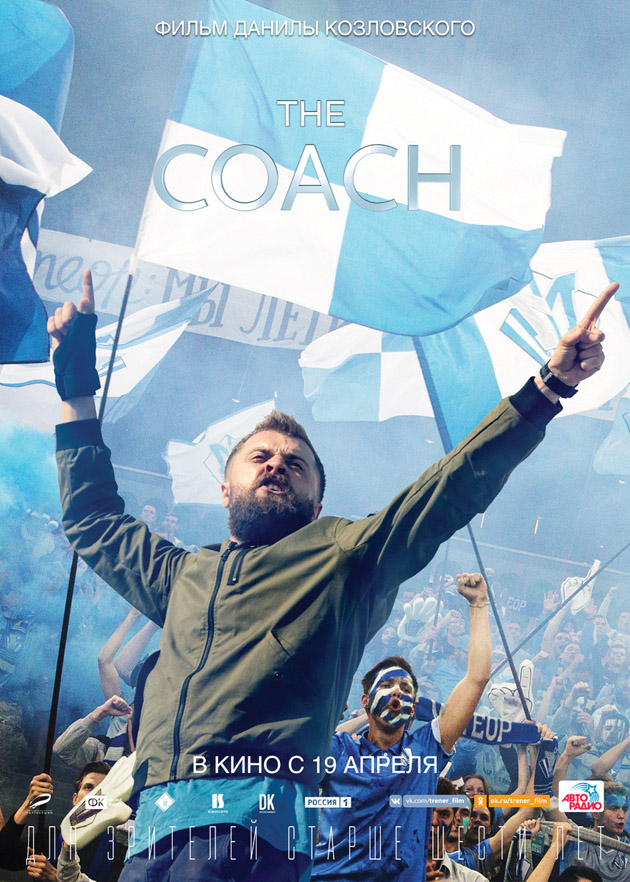
The Coach, 2018, directed by Danila Kozlovsky.
“The movies have gained popularity outside our country and are known and loved by a lot of people globally, and the Saudi audience will have the opportunity to become acquainted with an important part of the world of cinematography.”
Heth said that film production and cinemas are crucial for bridging cultural divides.
He said that Saudi Arabia has potential for growth in the market as it recently opened cinema halls, with room for expansion.
He added that “KARO started in Russia in 1993 with one part-time cinema in a hotel lobby. By 1996, it had nine screens and the entire box office of cinema in Russia was $3 million. Over 20 years later, there are about 4,000 screens in a $1 billion market. So, there are a lot of correlations between modern Russian film history and the same for your country.”
The first Western-style theater in Russia was opened in the lobby of the Moscow Radisson.
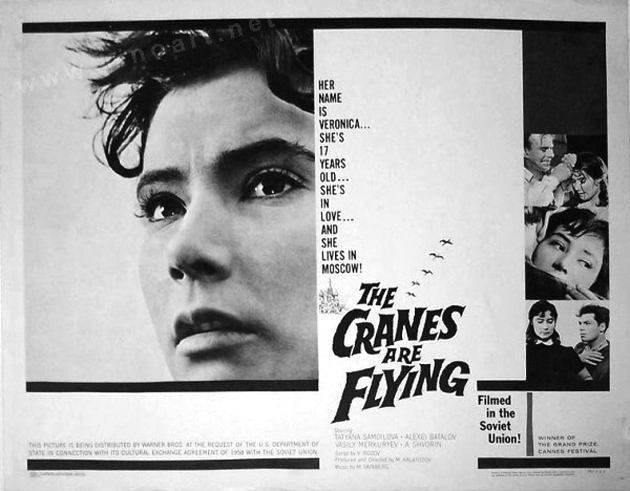
Cranes are Flying, 2957, directed by Mikhail Kalatozov.
Russia had a thriving film tradition during the Soviet era and after the dissolution of the Soviet Union, the industry was rebuilt from scratch.
KARO has created a brand for itself by focusing on technology and setting new standards for the theatrical exhibition industry in Russia. According to Zinyakova, “KARO is part of a culture. We are not just an exhibitor.
“We think that Saudi Arabia’s market is full of opportunities for the development of the film industry. The current macroeconomic situation in the country is positive for entering the entertainment market,” said Zinyakova.
“We would be glad to contribute to the development of cinema in Saudi Arabia and to consider cooperation between our countries in this area.”




